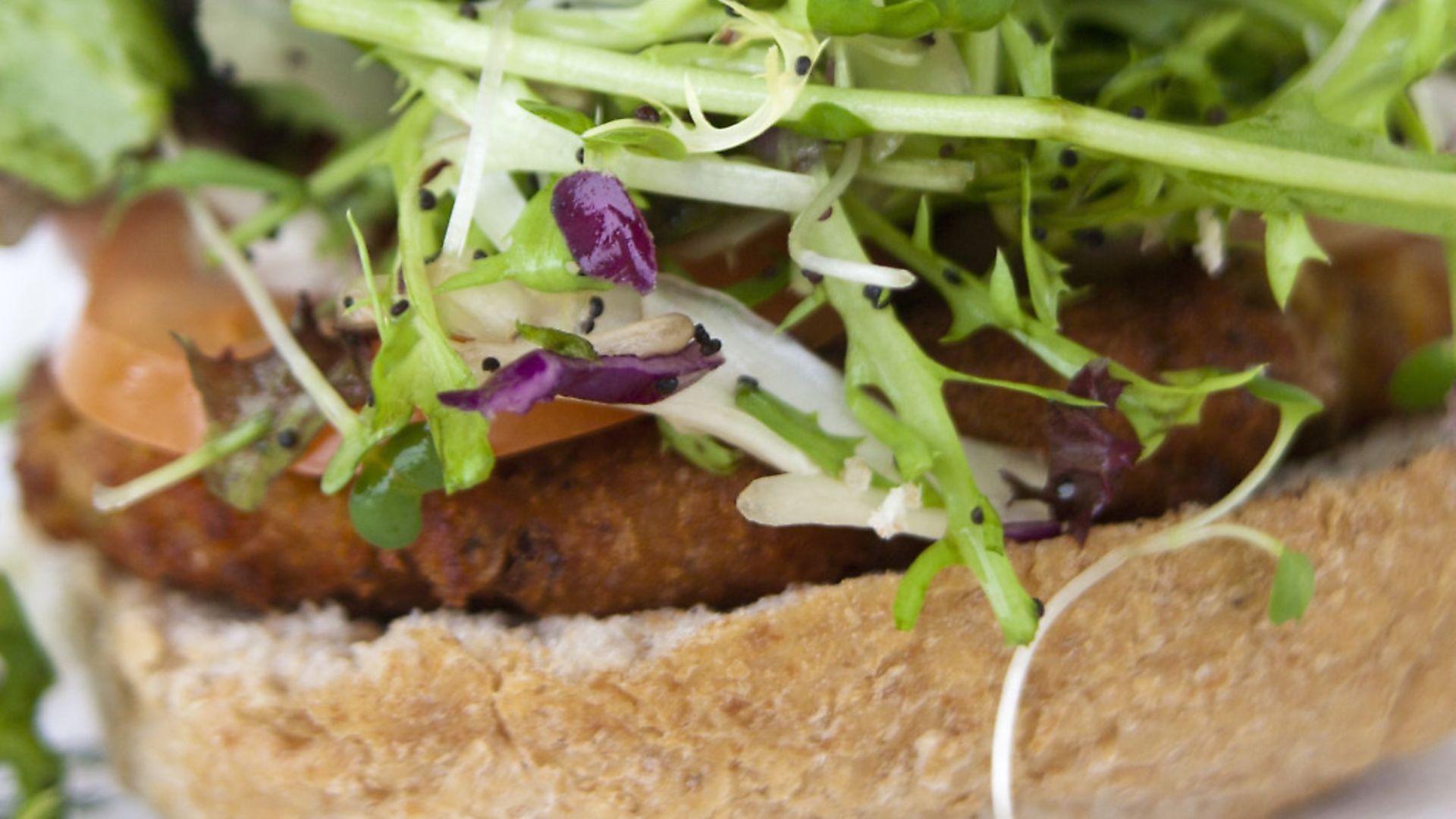
The French have banned the practice but should veggie alternatives be allowed to use meaty monikers such as sausages, burgers or bacon rashers?
France recently passed an amendment to its Agriculture Bill.
It prohibits any product largely based on non-animal ingredients being labelled like a traditional animal product. This essentially bans product names such as vegetable steak, soy sausage or bacon-flavoured strips.
The argument is that consumers might be misled into believing the products were real meat. Commentators have pointed out how bizarre this claim is, given these products can easily be distinguished from meat products by their name and their taste. But to understand this legislation, it’s necessary to look at changing food trends and the threat this is having on the meat industry.
There is an increasing demand for meat alternatives across the globe. Market research forecasts suggest it will grow by 8.4% between 2015 and 2020. The UK market for meat alternatives ranges between £250m-300m annually, which is nearly 3% of the meat market.
The market is not just popular with vegetarians and vegans. The largest share of meat alternative consumers are people looking to reduce meat intake and so-called flexitarians. There are growing health, ethical and sustainability concerns around animal farming and so every forecast is highly optimistic the market for substitutes will grow.
It’s easy to see how the meat industry might feel threatened: their market share is being eaten into.
In some countries, including Germany, the Netherlands and the US, the meat industry has realised the huge potential of this market. Some prominent manufacturers of meat-free products in Germany are meat processors. They argue ‘if anyone can produce alternative products tasting like meat and sausages, it would be us’.
Due to their combined negotiating power with retailers and available funds, they have an advantage over new entrants to the market. In North America, some of the world’s biggest meat manufacturers are investing in meat-free companies.
In other countries, such as France or the UK, this shift still seems distant. One important factor is the fear of losing out on business by competing with itself. So it might not come as a surprise that the originator of the French amendment was a cattle farmer.
This perceived threat is also an issue with dairy products. The French amendment draws a coherent logic to a ruling of the European Court of Justice in June 2017. This ruling prohibited dairy product names for non-dairy products, such as ‘soy yogurt’ or ‘vegan cheese’.
It was based on EU legislation from 2013 which protected milk as ‘the normal mammary secretion’, and on that basis all dairy-related product names. Excluded are traditional versions, such as almond or coconut milk and peanut butter.
There has been no such legislation on meat and an EU commissar in 2016 replied to a parliamentary question saying there was no such legislation planned. But the meat industry is clearly getting protective over naming issues.
So far only a Dutch company has been told off by the national authorities for its labelling. It was told to make the non-meat origin of its products more clear, but meat-like names were not altogether banned.
The European Vegetarian Union discusses in a position paper that meat producers in countries with comparatively small shares of vegetarian products are more opposed to the current labelling of meat alternatives.
It is difficult to judge on the results of a forced change of names. In my PhD research, I have interviewed a number of UK manufacturers of meat alternatives. Most say descriptive terms like burger, steak, rashers, smoked or succulent give their products an identity. While they might largely be used for meat products, these terms create expectations about the product’s shape, smell, taste, texture, and other attributes.
Past research has shown that consumers – on the basis of name and appearance – categorise processed meat products as similar to their meat-free counterparts. So these meat-like descriptions are important as they give a sense of familiarity.
Instead of suppressing its opponent, the meat industry needs to wake up to the challenges and opportunities that meat-free diets bring.
Malte B. Rodl is a doctoral researcher at the University of Manchester. This article first appeared on the-conversation.com









